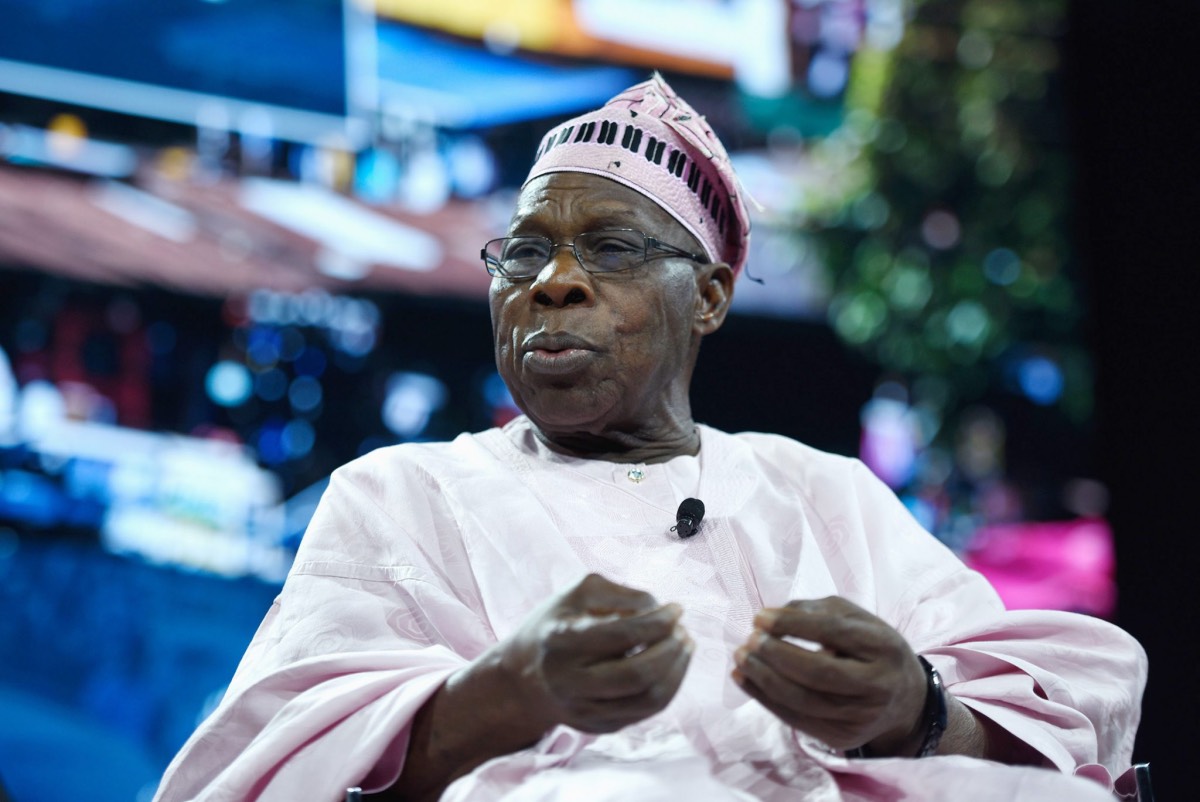Olusegun Obasanjo, the former president of Nigeria on Monday, August 10, 2020, responded to the criticisms that trailed his controversial condolence message on the death of Senator Buruji Kashamu.
Obasanjo, in the condolence message, said the late Kashamu, who was wanted in the United States of America for alleged drug offences, was able to escape justice but could not evade death.
“Senator Esho Jinadu (Buruji Kashmu) in his lifetime used the manoeuvre of law and politics to escape from facing justice on the alleged criminal offence in Nigeria and outside Nigeria.
“But no legal, political, cultural, social, or even medical manoeuvre could stop the cold hands of death when the Creator of all of us decides that the time is up.
“May Allah forgive his sin and accept his soul into Aljanah, and may God grant his family and friends fortitude to bear the irreparable loss,”.
Obasanjo had said. Notable personalities including APC National Leader, Asiwaju Bola Tinubu; former governor of Ekiti State, Ayodele Fayose among others lambasted.
Obasanjo for his remarks which they said demonstrated disrespect for the dead.
But in his response to the criticism, the former President told Premium Times, it was okay for people to mourn every death but that the living, including him, must draw the right lessons from the lives of those who have died.
I am not gloating over Kashmu’s death
Obasanjo said: “When I was growing up, in our community, when anyone known with bad character died, we usually only mourn him and bury him. No eulogy. No praise-singing.
“There is an English saying that urges us never to talk ill of the dead. But in this case, we are not talking ill of the dead. We are only drawing lessons from the life and history of the dead.
I am not gloating over his death. It is sad for anyone to die and we must mourn him. “But we must learn from such a passage. There will be bad lessons.
There will be good lessons. But we should not just be praise-singing or eulogising the dead, especially when there is no need to do so. “We should not cover up bad histories and conducts so that the right lessons can be learned. “But we must learn from such a passage.
There will be bad lessons. There will be good lessons. But we should not just be praise-singing or eulogising the dead, especially when there is no need to do so.
“We should not cover up bad histories and conducts so that the right lessons can be learned.”
Source: Vanguard







